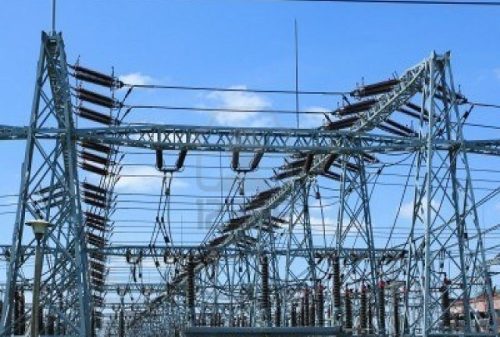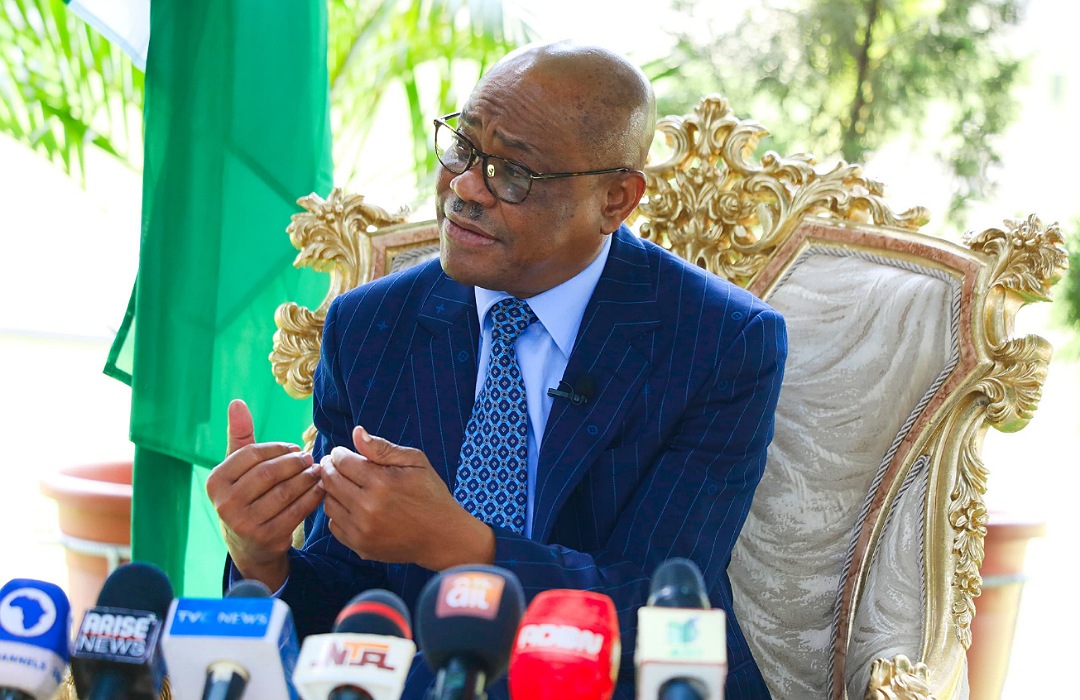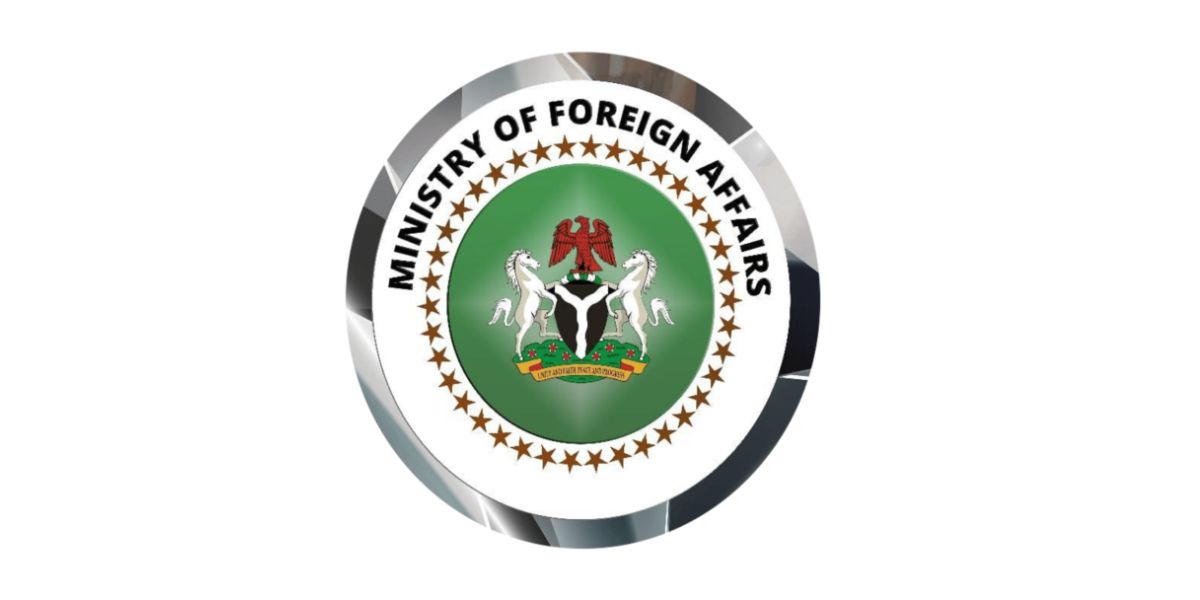About one year after the Federal Government promised to subsidise electricity consumed by hospitals and educational institutions in the country, the facilities are still grappling with high electricity debts.
The Minister of Power, Adebayo Adelabu, who made the promise in August 2024, has since remained quiet, with no further action taken on the promise. This came as industry sources knowledgeable about the development stated that the Federal Government may not be considering any form of power subsidy for these institutions at the moment.
A consumer group also condemned the government’s silence on the matter, alleging that the power minister only made the statement without the approval of the Federal Executive Council.
Adelabu’s promise to subsidise electricity in health and educational institutions came amid the rise in electricity tariffs payable by these institutions, especially after they were moved to Band A.
With the removal of subsidies in areas under Band A feeders, the bills of many health and academic institutions tripled, making it difficult for them to meet their obligations.
Our correspondent gathered that some tertiary hospitals pay as much as N300m per month to cover their electricity bills. The figure, they said, rose from less than N100m before the tariff review.
But in August 2024, Adelabu, who has now declared his intention to contest for the Ogun governorship seat, disclosed that the government would subsidise electricity in hospitals and universities, even if they are on Band-A feeders.
Adelabu, however, said the government would not subsidise private businesses operating in these hospitals and universities. The minister disclosed that the government was aware that universities and hospitals are having challenges paying their electricity bills.
“For the ones that are properly health and education-related, we are ready to subsidise them, even if they are on Band A. We are compiling our data.
Discos will collect a certain amount, and the government will pay the balance,” the minister had stated.
Almost a year later, it has been gathered that the government had yet to fulfill its promises to these institutions, as most of them still struggle to pay their electricity bills to avoid being disconnected by the distribution companies.
The former Minister of State for Health and Social Welfare, Dr Tunji Alausa, had also announced last year that the Federal Government had approved a 50 per cent electricity subsidy for public hospitals, corroborating Adelabu’s earlier disclosure.
According to Alausa, the gesture aimed to reduce the running costs for public hospitals and alleviate the impact on patients. However, as of the time of filing this report, the implementation of the policy has yet to commence, prompting stakeholders to tag this as another failed government promise across various sectors.
Officials of Federal Government-owned tertiary health and educational institutions confirmed to our correspondent that the government had yet to subsidise electricity in their hospitals.
The officials, who did not want to be mentioned to avoid being persecuted, stated that the high cost of electricity was impacting the finances of these institutions, affecting operating expenses.
They worried that after about a year, the government had failed to fulfill a promise it had made willingly, begging the Federal Government to reconsider implementing the plan as soon as possible.
Mere political statement
The National Coordinator of All Electricity Consumers Protection Forum, Adeola Samuel-Ilori, said the government did not have any plan to subsidise electricity in these institutions, saying the minister only made a political statement.
According to Samuel-Ilori, his interactions with some officials of the government showed that such a plan was never approved by the Federal Executive Council.
“It’s unfortunate that there’s nothing like a subsidy in place by this government. It’s a mere political or exciting statement from the minister.
“I make bold to say that there was never any plan in place to do such. My interactions with the NERC hierarchy gave me an insight into this as I took them up at a time over the implementation of such, and the response I received was the above statement, as they too are not aware that the government made such a policy statement. How would any implementation be expected?” he asked.
Samuel-Ilori’s statement indicated that the government might not have approved the plan before the minister announced it last year in Ibadan during a radio programme.
A Professor of Energy at the University of Lagos, Dayo Ayoade, said the government might have halted the policy because it would not be sustainable. Ayoade noted that some individuals might abuse subsidies, as happened in the past.
While saying it would have been a good idea to subsidise electricity in health and academic institutions, Ayoade expressed concerns over the implementation and the sustainability.
“The problem about subsidies is that subsidies are difficult to target, and when the government subsidises, it is always easy to abuse. On the one hand, it’s a good idea for the government to subsidise electricity in hospitals and universities.
“But how will it be done? Are they going to give the money to the institutions directly to subsidise the high cost of electricity, or are they going to give it to the electricity distribution companies to ameliorate the bills?” he asked, wondering if that was the reason the policy had not seen the light of day.
The don added that if the government is still considering the plan, it should put sustainability first. He also suggested solar installation in these facilities, but this would take time.
“I think whatever style the government wants to use, it should make it sustainable, and that’s where the difficulty lies. The government can invest in solar power for these institutions to take a lot of their power off the grid.
“But all of this will take time. My view is that the government should take a proper position on this and implement it faithfully in a sustainable manner that will prevent waste, maladministration, or poor governance,” the professor said.
Meanwhile, findings had shown that many hospitals now operate in the dark over their inability to pay the cost of electricity. Eko Electricity Distribution Company disconnected the power supply to the University of Lagos last year over unpaid electricity bills.
Solar installation
It appears the power minister has dumped the idea of subsidising power in hospitals and universities, adopting solar power installations in its stead.
The media aide to the power minister, Bolaji Tunji, said a programme is being coordinated by the Rural Electrification Agency to electrify universities and hospitals with renewables.
Data supplied by Tunji showed that the University of Maiduguri and its teaching hospital in Borno State got 12 megawatts of solar power, followed by the University of Calabar and the Teaching Hospital, Cross River, with 7 megawatts.
Others include the Michael Okpara University of Agriculture, Abia State (3MW); Federal University of Agriculture, Abeokuta, Ogun State (3MW); University of Abuja (3MW); Nigerian Defence Academy, Kaduna (2.5MW); and the Federal University Gashua, Yobe (1.5MW).
Correspondent recalls that Tunji was aware of the Federal Government’s effort to provide captive power to health and educational institutions. He noted that the subsidy would be on the essential services of those institutions.
“You know that within some of these institutions, there are some commercial entities and privately run businesses that are charging customers for services rendered. So, the government would not extend the subsidy to these entities.
“That is why the minister of power is saying that we need to get accurate data from these institutions for them to enjoy the subsidy and be charged accordingly,” Tunji stated.
He added that the programme would also come under an initiative of the Federal Government of Nigeria, being implemented by the Rural Electrification Agency to provide off-grid, dedicated, and independent power plants.
The agency, he said, was also empowered to rehabilitate existing distribution infrastructure, to supply clean and reliable power to 37 federal universities and seven affiliated university teaching hospitals.
“In addition, it will provide street lighting for illumination and safety, as well as a world-class renewables training centre at each of the beneficiary institutions, and conduct STEM internships for selected female students,” he disclosed last year.
It was reported that the Federal Government might spend approximately N188.25bn annually to subsidise electricity supply for about 75 public tertiary hospitals and 300 educational institutions across the country.
It was calculated that the 75 tertiary health institutions that would benefit from this gesture include federal medical centres and teaching hospitals owned by the federal and state governments.
Findings indicated that the Federal Government would spend about N50m to augment the electricity bills of each of these hospitals, which translates to N3.75bn in a month and N45bn in 12 months.
For the educational institutions — 125 public universities in the country, 94 polytechnics, and 81 colleges of education — the FG is likely to commit approximately N11.94bn monthly and N143.25bn annually as a subsidy.
Amid its mounting debt to the power generation companies and the rising cost of subsidising electricity for Bands B to E customers, the government might have jettisoned the idea of paying 50 per cent of the electricity cost in these institutions.
A NERC report had shown that for the first quarter of 2025 alone, power subsidy rose above N500bn. In April 2024, the commission announced an increase in electricity tariff paid by Band A customers from N68 per kilowatt-hour to over N200/KWh, which was a 300 per cent increment.
Band A customers enjoy power supply for at least 20 hours per day. Most public tertiary hospitals and educational institutions in Nigeria are under this band. However, many of those institutions have consistently cried out over soaring electricity bills following the new policy.
The University College Hospital in Ibadan was repeatedly disconnected by the Ibadan Electricity Distribution Company over unpaid debts averaging N400m.
Sometimes last year, the management of the College of Medicine of the University of Lagos and the Lagos State University Teaching Hospital lamented over what they described as an outrageous electricity bill from the Eko Electricity Distribution Company.
The healthcare institutions said they were jointly presented with a bill of about N280m for May 2024, instead of the less than N100m they used to pay. For 10 days, the electricity supply to the two health institutions was disconnected, leading to a protest by medical students.




